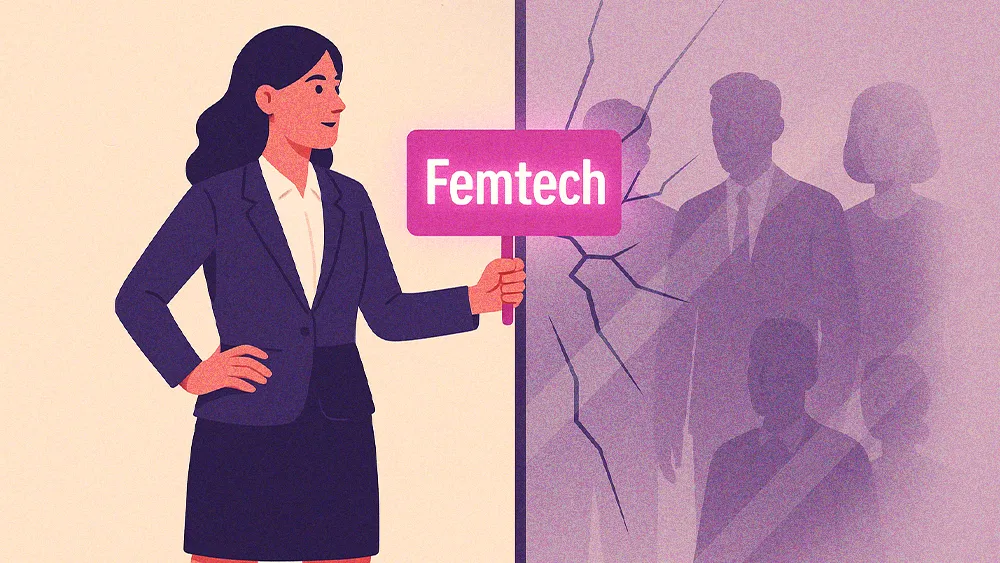Fertility and IVF Coach Jane Ogidigo emphasizes that Assisted Reproductive Technology (ART) is empowering women, especially those over 35, to balance careers with family planning through options like egg preservation.
While Africa sees growing acceptance of ART, significant gaps in education and lingering stigma present unique challenges that require focused effort.
Groundbreaking advancements like PGT, AI in embryo selection, and particularly In Vitro Gametogenesis (IVG), promise to revolutionize IVF outcomes and accessibility.
Ogidigo stresses the indispensable role of human connection, counseling, and coaching to support the emotional complexities of the IVF journey, even as technology advances.
Assisted Reproductive Technology continues to reshape family building globally. But challenges in access, education, and psycho-social support persist as critical determinants of success, especially in regions like Africa with distinct cultural and systemic contexts. For women deferring parenthood while pursuing careers, ART offers crucial options, but ease of access is key.
We sat down with Jane Ogidigo, a Fertility and IVF Coach and PhD student in Clinical Biochemistry specializing in Endocrinology and Reproduction. Ogidigo is dedicated to "bringing knowledge, clarity, and confidence to the fertility journey of women trying to conceive, especially those considering assisted reproduction."
Empowering choices: "A lot of women are focusing on their career and education right now, especially women over 35," Ogidigo explains. "ART is giving them the opportunity and power to make choices through egg preservation to become mothers while still having a career or furthering their studies." While the global ART market expands, Ogidigo highlights specific hurdles and advancements within Africa. "Across Africa, a lot needs to be done when it comes to education," she says. "There's still this kind of stigma when it comes to women struggling with infertility." However, the tide is turning. "A lot of people are beginning to embrace ART, IVF, egg freezing, surrogacy, and the rest," Ogidigo observes. "There used to be a huge stigma, which is part of the reason I do what I do."
Scientific frontiers improving outcomes: Ogidigo, with her deep scientific background, is enthusiastic about advancements poised to significantly improve IVF success. "PGT, or pre-implantation genetic screening, has really helped a lot," she notes. "Couples with circumstances like sickle cell can now comfortably also have children who do not carry the sickle cell traits; children are being screened for abnormal chromosomes to help give birth to healthier children."
The promise of IVG: Ogidigo is particularly excited about emerging research. "There's a cutting-edge research area called in-vitro gametogenesis, where it might be possible in the near future for eggs to be created from other body cells, like skin or blood cells." She adds, "It will still give them the opportunity of having children with their own DNA, which is a significant consideration now when donor eggs are advised."
Balancing innovation with human touch: Despite the latest excitement around AI and technology, Ogidigo underscores the irreplaceable human element. "IVF is a really emotional journey," she says. "Besides the medical aspects, for most women who have gone through failed IVF cycles, it's not something easy to handle. So I still feel that the human aspect shouldn't be left out. It's very important to still have the human touch when it comes to the emotional aspects. That's where I feel counseling and coaching comes in."
Evolving workplace and healthcare support: For individuals undergoing fertility treatments, support from employers and healthcare systems is crucial. "I think employers should start with empathy," Ogidigo advises, "and then offer flexible leave allowances if possible, work benefits. Infertility is a medical condition, so an open door policy where these women should be able to walk to the HR or the management is essential."
The future is personalized: Looking ahead for fertility care in Nigeria and beyond, Ogidigo anticipates, "more personalized treatments. With the help of AI, IVF treatments will get much more personalized, which would increase the success rates of the procedures."
Her ultimate vision is one of empowerment. "I would want these women to feel empowered instead of feeling overwhelmed, so that they can make confident fertility decisions." With advocates like Ogidigo at the intersection of science, coaching, and education, the future of fertility care looks increasingly hopeful.








